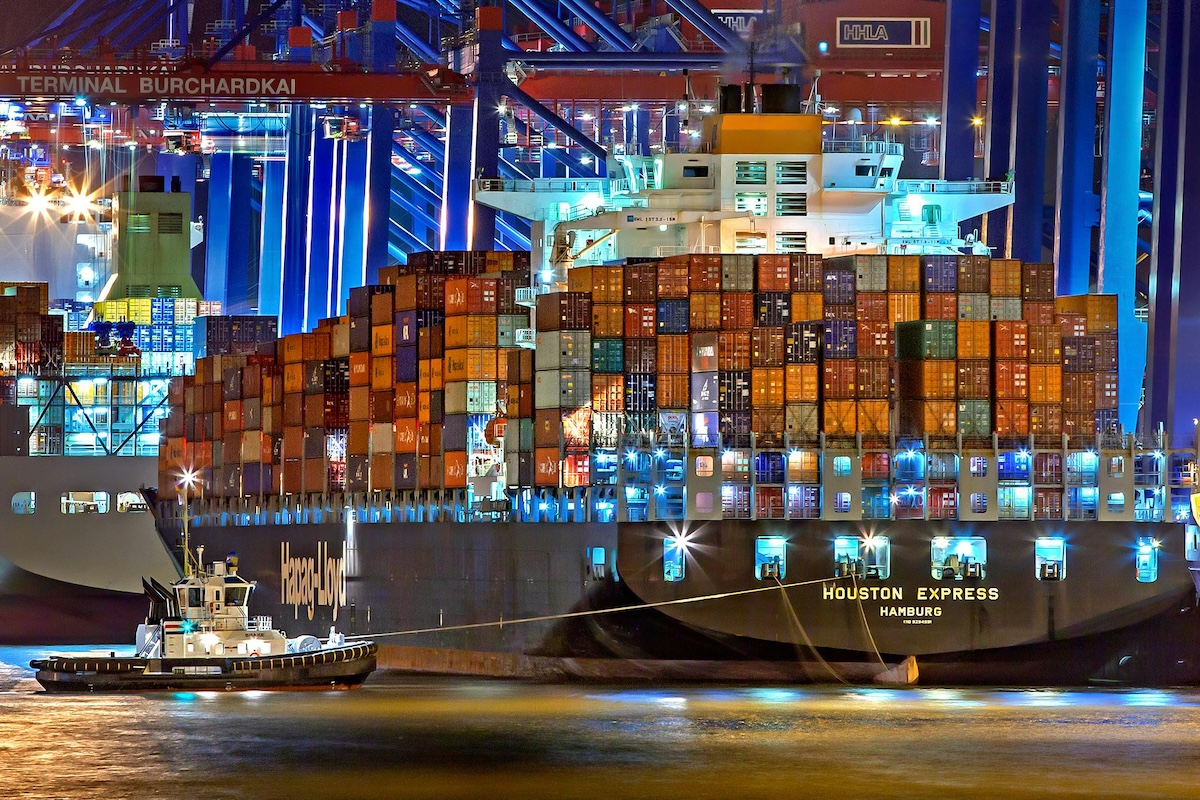Thinking About Investing in Petro? Not If You Don’t Want OFAC On Your Case

Unfamiliar with the “petro?” You’re likely not alone given the increasing variations of Bitcoin and other cryptocurrencies with their wild price increases and dips. Back on December 3, 2017, as part of the Venezuelan government’s five-hour Christmas special, Venezuelan President Nicolás Maduro introduced the “petro.”
Unlike Bitcoin or other cryptocurrencies, the petro is not mined and is at the direction of the government. Rather, President Maduro’s government intends for the petro cryptocurrency to be backed by strategic reserves of Venezuelan wealth –gold, oil, gas, and diamonds. According to Maduro, the petro is needed to help the country “advance in issues of monetary sovereignty, to make financial transactions and overcome the financial blockade.”
What financial blockade? In August 2017, in response to actions by the Venezuelan government including human rights abuses and the establishment of a Constituent Assembly, President Trump issued Executive Order 13808, which limited debt financing of the Government of Venezuela as well as Petroleos de Venezuela, S.A. (PdVSA). According to FAQ #507, for purposes of E.O. 13808, PdVSA is considered part of the Government of Venezuela. Since then, a number of current and former Venezuelan government officials have been listed on OFAC’s Specially Designated Nationals (SDN) List, thereby limiting access to U.S. financial markets.
Given the rise in use of cryptocurrencies around the globe and limits to accessing U.S. dollars, it is not surprising that President Maduro’s government is turning to the petro. Ironically, thousands of Venezuelans have already turned to bitcoin mining given the country’s hyperinflation and strict currency controls. Venezuela intends to issue 100 million petros, with every petro unit equal to the price of one barrel of Venezuela’s oil. The country’s delegates are currently pitching the petro to potential investors around the globe, including Qatar.
Thinking about jumping in on the cryptocurrency mania with the petro? Tread lightly. Like all currencies, central to the petro’s success is how it can be redeemed. Many of the details have yet to crystalize. For example, the government has yet to provide information as to whether or how investors could collect on their holdings. According to Reuters, a proposal document circulated by VIBE – an advisory group of cryptocurrency experts – suggested that “the government accept tax payments in petros, and that PdVSA incorporate cryptocurrencies in its dealings with foreign companies.” In response to inquiry from Reuters, a U.S. Treasury Department official warned last week that the “petro digital currency would appear to be an extension of credit that the petro could violate sanctions against the Venezuelan government… (and) could therefore expose U.S. persons to legal risk.”
Following Reuters publication of the statement, OFAC updated its FAQ page to reflect the petro guidance on January 19.
“A currency with these characteristics would appear to be an extension of credit to the Venezuelan government. Executive Order 13808 prohibits U.S. persons from extending or otherwise dealing in new debt with a maturity of greater than 30 days of the Government of Venezuela. U.S. persons that deal in the prospective Venezuelan digital currency may be exposed to U.S. sanctions risk.”
On Friday, Senator Robert Menendez and Senator Marco Rubio sent a letter to U.S. Treasury Secretary Steve Mnuchin seeking responses by the end of the month as to how the Department is monitoring Venezuela’s attempts and what enforcement mechanisms can be used to counter cryptocurrencies, among other things. With this in mind, invest in the petro at your own risk. Given the nearly 13% drop in Venezuelan crude oil production last year, the lowest in 28 years, the petro is likely as good to you as the Venezuelan bolivar.










